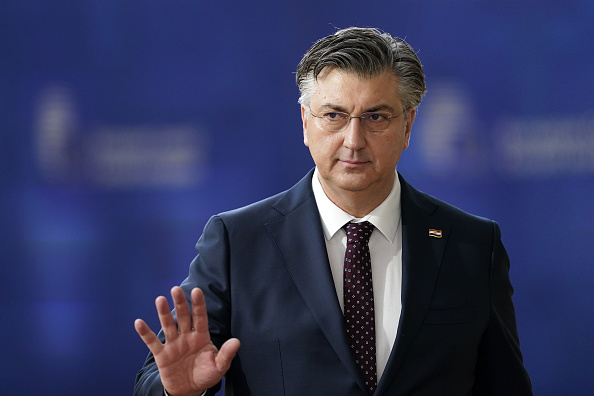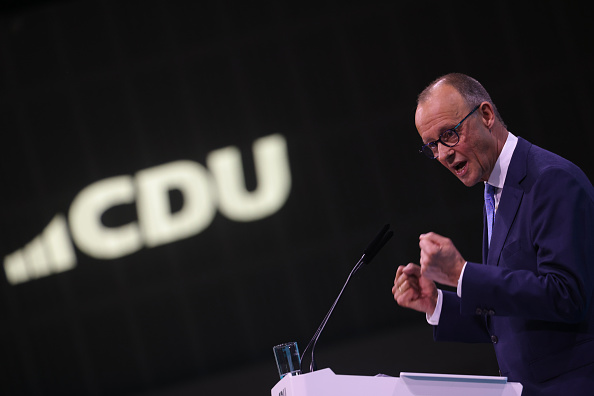Nigel Farage said his Reform UK party, with 14.3 per cent of the popular vote in the national elections, would act as a check on any moves by new Prime Minister Keir Starmer’s victorious Labour Party to develop too cosy a relationship with the European Union.
The Brexiteer’s party performed surprisingly well in the UK ballot on July 4, coming second in 98 constituencies. It is now the main challenger in seats such as likely Deputy Labour leader Angela Rayner’s constituency of Ashton-under-Lyne, and pushed the Tories into third and occasionally fourth place across England’s North East.
The party’s strong showing marked “the beginning of the end of the Conservative Party”, Farage told reporters, promising the result marked “the first step of something that is going to stun all of you”.
Farage became an MP on his eighth attempt and will represent the Essex seat of Clacton after winning by almost 10,000 votes over the second-place Conservative candidate.
While US presidential hopeful Donald Trump congratulated Farage on his “big WIN”, the former arch-Brexiteer faced heckling from a number of protesters at an afternoon Reform press conference to announce “the next steps for our political revolt”.
Amid demonstrators’ cries of ‘You’re a racist”, Farage responded by repeating “boring, boring” every time a heckler started shouting.
“This is good preparation for the House of Commons I suppose, isn’t it?,” he added and bid, “Bye darling” to one.
In the election, Reform displaced the Liberal Democrats as the UK’s third-largest party in terms of popular vote although it secured five seats as opposed to the Lib Dems’ 71 (which was an increase of 63 from the previous election), due to the British first-past-the-post system.
Echoing the Lib Dems, now the UK’s third-largest party in the British Parliament, Farage proposed changing the UK’s “outdated” electoral system to proportional representation, which it is claimed is fairer to smaller parties.
“It’s very much my view that our outdated, first-past-the-post electoral system is not fit for purpose and we will campaign with anyone and everyone to change this electoral system,” Farage said at his July 5 press conference.
The “structure, funding, and professionalism” that came from proportional representation would place Reform in a “very serious” position to contest the 2029 election, he added.
In the meantime, he added, Reform would focus on going “after Labour votes”.
Pulling in just over 4 million votes nationally, Reform performed strongest in areas that voted Leave in the 2016 Brexit contest, said polling agency Ipsos UK. The Conservatives did less well in capturing the vote of those who voted to leave the EU, it said.
Reform has four other MPs, including Lee Anderson, a former Conservative MP in Ashfield who won back his seat as a Reform candidate. He was a deputy Conservative Party chairman under now-former Prime Minister Rishi Sunak until February.
Richard Tice, Reform’s chairman who stepped aside in Clacton so that Farage could stand as a candidate, was elected in the Lincolnshire constituency of Boston and Skegness, where he defeated Tory Matt Warman.
Former Southampton Football Club chairman Rupert Lowe won a seat for Reform in Great Yarmouth, which the Conservatives had held for 14 years.
The Reform party then gained a fifth seat, following a recount, in the Essex constituency of South Basildon and East Thurrock, where James McMurdock beat the Labour candidate by 98 votes to replace Conservative MP Stephen Metcalfe.





